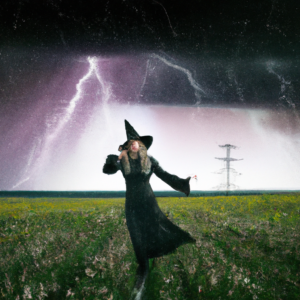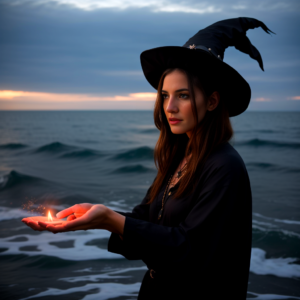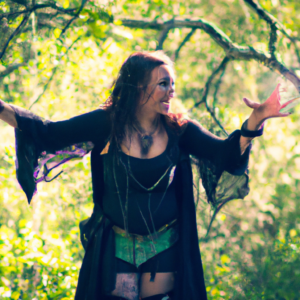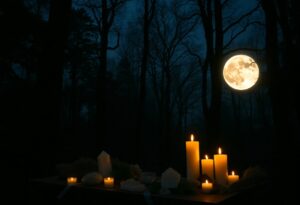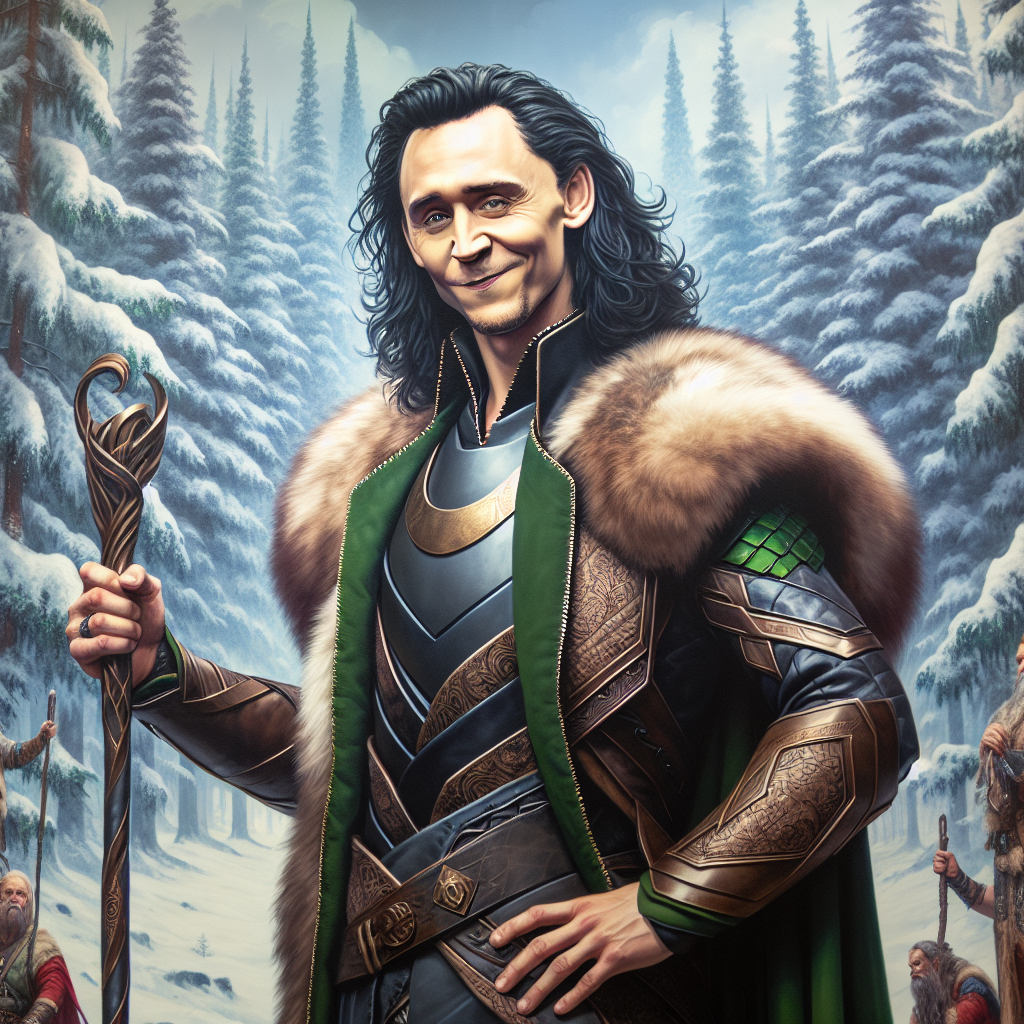
Mischief and cunning, Loki is a prominent figure in Norse mythology known for his trickery and deceit. He is a complex character with a history deeply intertwined with the gods and goddesses of the Norse pantheon. Loki’s influence on the ancient Norse people was significant, as he played a role in many myths that shaped their beliefs and worldview. However, despite his importance in their stories, Loki was not worshipped like other gods; instead, he was often portrayed as a malevolent force to be avoided and feared. Let’s explore into the intriguing and enigmatic world of Loki in Norse mythology.
The Mythological Background of Loki
The origins of Loki in Norse texts
One of the most infamous figures in Norse mythology, Loki is a complex and mischievous deity whose origins can be traced back to the ancient Norse texts. In the Poetic Edda and Prose Edda, Loki is depicted as a cunning trickster and shape-shifter who often causes chaos and discord among the gods.
Loki’s familial ties and relationships with other gods
Other than being known as the father of the monstrous wolf Fenrir and the serpent Jormungandr, Loki is also the blood brother of Odin, the chief of the gods, which makes his character particularly intriguing. His relationships with other gods, such as Thor and Freyja, are filled with conflict and betrayal, showcasing his enigmatic nature.
To examine deeper into Loki’s familial ties, it is important to note that while Loki is considered a member of the Aesir gods, he often aligns himself with the Jotunn, the giants, which further complicates his role in Norse mythology. Despite his familial connections, Loki’s actions and allegiances make him a figure of both fascination and caution among the ancient Norse people.
Loki’s Role and Actions in Norse Myths
Notable stories featuring Loki
Little is known about Loki’s origins or true nature, but he swiftly established himself as a central figure in Norse mythology. He frequently found himself embroiled in various mischievous and treacherous exploits, often causing chaos and discord among the gods and mortals alike.
The complexity of Loki’s character: Trickster and troublemaker
Notable for his dual nature as both a cunning trickster and a malevolent troublemaker, Loki’s actions often served to challenge and disrupt the order of the Norse world. He displayed a penchant for deception, leading to dire consequences for those around him, while also occasionally aiding the gods in moments of need.
With Loki’s unpredictable and enigmatic nature, he remains a fascinating and enigmatic character in Norse mythology, embodying the complexities of both good and evil. His influence on the ancient Norse people was undeniable, as his actions sparked conflict, created alliances, and triggered important events in their mythology.
Loki and Norse Society
Interpretations of Loki’s influence on ancient Norse people
Norse mythology depicts Loki as a complex character who embodies both mischief and cunning. Some interpretations suggest that Loki was seen as a necessary force in the Norse pantheon, challenging the status quo and providing a balance to the other gods. His actions often sparked important events in Norse mythology, leading to the resolution of conflicts and the advancement of the narrative.
The dichotomy of worship and avoidance of Loki
Norse society had a complex relationship with Loki. While some tales depict him as a trickster deity who brought chaos and strife, others show him in a more positive light, aiding the gods in times of need. This dichotomy led to a varied perception of Loki among the Norse people, with some viewing him with reverence and others with caution.
Society viewed Loki as a figure capable of both good and harm, reflecting the dual nature of the world in Norse mythology. While some may have worshipped Loki for his cunning and intelligence, others may have avoided invoking his name to prevent chaos and discord. This ambivalence towards Loki highlights the nuanced understanding the ancient Norse people had of the complexities of the divine realm.
Loki’s Legacy in Modern Culture
Depictions of Loki in media and entertainment
The character of Loki has become a prominent figure in popular culture, particularly in comic books, television shows, and movies. He is often portrayed as a complex, charming, and mischievous Trickster god with shape-shifting abilities, making him a compelling and dynamic character for audiences to engage with. From Marvel’s Thor franchise to the TV series “American Gods,” Loki’s character continues to captivate and entertain viewers across various mediums.
The enduring fascination with the Trickster god
There is an enduring fascination with Loki as the Trickster god in modern culture. An embodiment of chaos and cunning intelligence, Loki’s character has a timeless appeal that continues to intrigue storytellers and audiences alike. His unpredictable nature and ability to outwit even the most powerful gods make him a fascinating and complex character to explore in contemporary narratives, cementing his status as a beloved figure in mythology and fiction.
This fascination with Loki as the Trickster god is a testament to the enduring appeal of characters who challenge societal norms and expectations, pushing boundaries and questioning authority. Loki’s character embodies a sense of rebellion and unpredictability that resonates with audiences seeking to explore themes of complexity and moral ambiguity in storytelling.
Conclusion
As a reminder, Loki is a complex and mischievous figure in Norse mythology, known for his cunning and trickery. He is both a friend and a foe to the gods, often causing chaos and mischief in their lives. While Loki may have influenced the ancient Norse people in terms of entertainment and storytelling, his actions were often met with disdain and mistrust. The Norse did not worship Loki, as he was seen as a symbol of chaos and deception. Ultimately, Loki’s role in Norse mythology serves as a cautionary tale about the consequences of deceit and betrayal.

